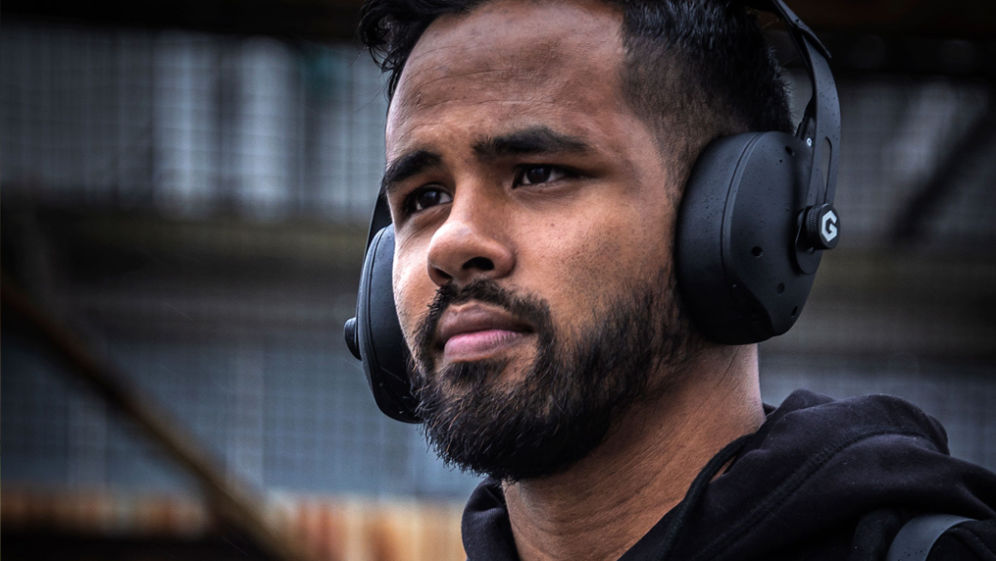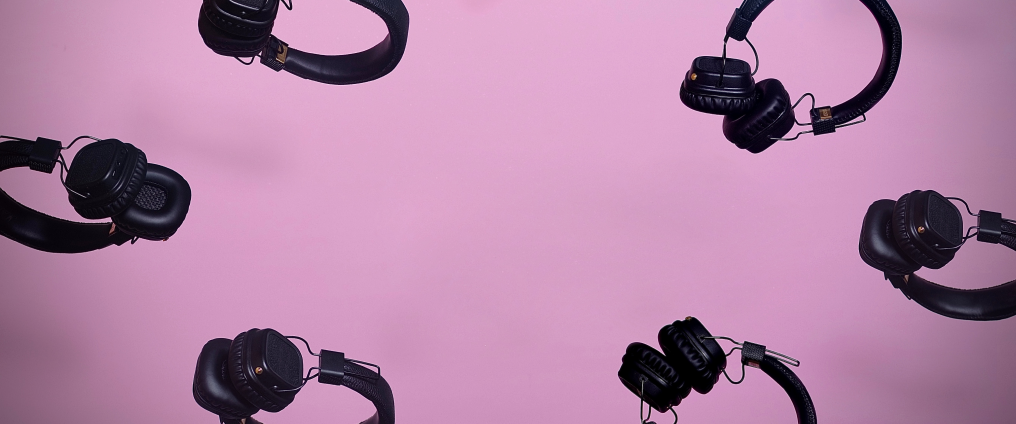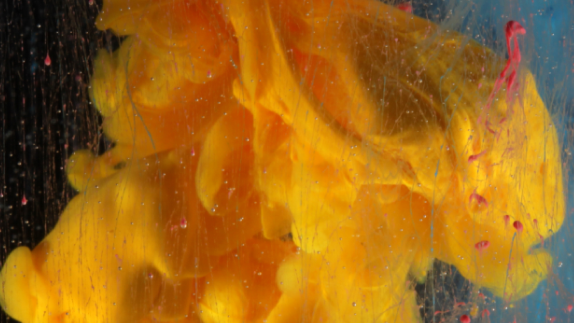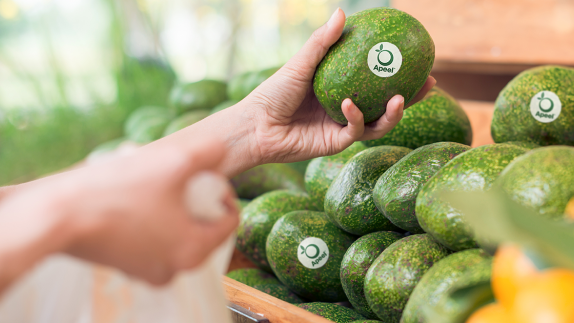Repeat has pioneered a subscription service for its modular headphones. The modular design allows 85% of components to be reused. Products use durable, standardised designs, meaning fewer virgin materials are used to create new headphones. The subscription model allows Repeat to recover and recycle headphones at the end of their life.
Why it’s an example of the circular economy
Their business model aims to cut down on the millions of tonnes of precious materials and electronics waste that ends up in landfill every year.
The modular design allows 85% of components to be reused.
Products use durable, standardised designs, meaning fewer virgin materialsvirgin materialsMaterials that have not yet been used in the economy. are used to create new headphones.
The subscription model allows Repeat to recover and recyclerecycleTransform a product or component into its basic materials or substances and reprocessing them into new materials. headphones at the end of their life.
Repeat offers repairs for life alongside subscription
Designing out waste - and frustration
Repeat’s founders learnt through focus groups that most headphone users share the same frustrations.
A simple cable breakage can render the product worthless and this posed a dilemma for many people. On one hand willing to buy premium headphones, but on the other, hesitant to spend hundreds of euros on such a vulnerable product. The fast progress of technology also necessitates frequent expensive hardware upgrades.
Rethinking ownership
Customers of Repeat get online access to an ‘all in’ subscription service, for the world’s first circular, high quality, headphones.
“Circular economy design is fully focused on how to design for reuse and/or recycling in combination with a product that consumers will love. In contrast, linear design thinking is only focused on designing a product that will sell."

The subscription process
After subscribing and placing an order, customers of Repeat receive their headphones in a building kit box.
If headphones become damaged in any way, Repeat will immediately send out a replacement part to the customer. Customers can also return the headphones for an upgrade or complete replacement.
New models are sent with return stickers to make the swapping process as easy as possible. This gives flexible access to people who want a high quality listening experience without a costly initial outlay.
Business benefits
Combining durable design with a subscription business model means that Repeat can increase its revenue by maximising the use cycles for every pair of headphones.
The company can form a closer relationship with its customers, and has a more reliable and predictable material supply chain. The small monthly fee also allows the business to potentially capture a very large market segment of buyers who would not normally pay for premium headphones.







